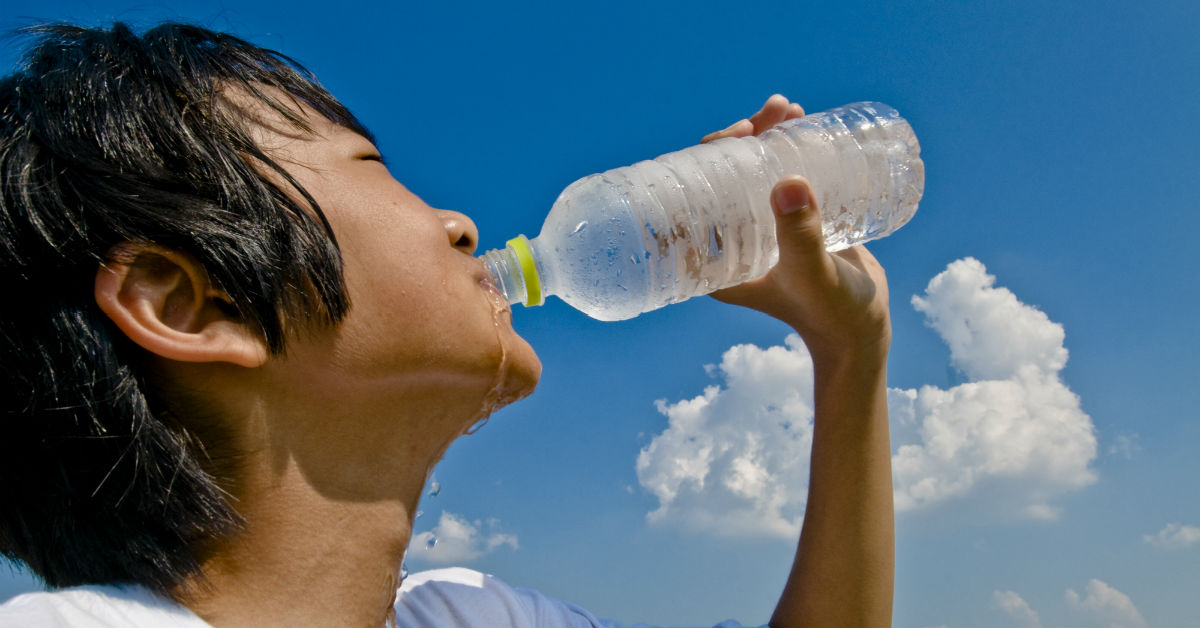
Dry mouth, also called xerostomia, is a result of decreased saliva production.
CAUSES OF DRY MOUTH
The cause may be a condition affecting the salivary glands. The mouth has six major salivary glands and hundreds of smaller glands and the average person produces 2 to 4 pints of saliva each day. Typically, production at its peak during late afternoon, and at its lowest while sleeping. Conditions like Sjögren’s can cause dry mouth, but it is more commonly a side effect of medication.
Interestingly, women seem to be more prone to dry mouth than men. The American Dental Hygienist’s Association estimates that 1 in 4 to 5 people suffer from dry mouth.
Why do medications cause dry mouth? More than 400 medications cause dry mouth because they contain materials or ingredients that block certain body functions like watery secretion from your saliva glands. The most common types of medications to cause dry mouth include drugs used to treat depression, neuropathy and anxiety, as well as antihistamines, decongestants, muscle relaxers and pain medication.
Those who are receiving radiation for cancer are also likely to experience dry mouth. Conditions like Alzheimer’s disease and Parkinson’s disease can also make you more likely to have a saliva production issue. Sometimes it is even something as small as dehydration that can cause dry mouth.
DIAGNOSING DRY MOUTH
Because dry mouth is a dental problem, we treat it here at Riverside Dental and we are well trained to diagnose it and offer solutions to our patients.
Many times it is our patients who alert us to the possibility of dry mouth, but there are things we look for during examinations. One of these things is a dry or crumbly looking tongue membrane. Oral lesions or cracked lips are another sign. Frequent thirst is another red flag.
Salivary production can be tested by trying to measure your salivary flow or even a salivary gland biopsy.
DANGERS OF DRY MOUTH
While dry mouth is uncomfortable, the real danger is the lack of saliva.
Why is saliva so important?
- It enhances your ability to taste food and drinks
- It enhances your ability to chew and swallow food
- It aids in digestion, specifically breaking down carbohydrates and fats.
- It fights bad breath
- It prevents major dental issues
Dry mouth can be particularly damaging to your oral health. Saliva is key in neutralizing acid produced by bacteria as well as limiting bacterial growth to begin with. It also washes away food debris from your teeth after eat or drink something. It also contains proteins and minerals that protect your tooth enamel.
To help you understand the damage caused by the lack of saliva, here is an example: If you put a tooth in a glass of water with a little bit of acid, it will start dissolving. But your teeth doesn’t dissolve in your mouth, even when there is bacteria that is constantly producing acid, because saliva coats your teeth and stabilizes the acid on your enamel.
Dry mouth can also complicate wearing dentures.
COMBATING DRY MOUTH
If we do discover that you have dry mouth, we will talk to you about different ways it can be treated or how to mitigate damage. Some solutions include:
Mouth rinses. We can suggest or prescribe mouth rinses that moisturize and lubricate your mouth. Those who suffer from dry mouth should use a mouthwash that is alcohol-free. Alcohol has a drying effect, which is the last thing you need! Some mouthwashes contain properties that remineralize your teeth (often with fluoride), which is a great added benefit look for when shopping for a mouthwash.
There are also medications we can prescribe that can stimulate saliva production. Several salivary stimulants have been approved by the FDA to treat dry mouth. Brands like Salagen, Eisai, Exovac, Daiichi-Sankyo and Pilocarpine are some of the brand names you might hear mentioned in research. They are offered in sprays, swabs, gel or lozenge form. These stimulants cause your oral muscles to compress which cues the salivary glands to release saliva. As with any medication, these salivary stimulants do have side effects so it is important to weigh the pros and cons of your level of dry mouth with the medication’s expected benefits.
Artificial saliva substitutes are also available. The ADA does warn that they tend to be more temporary relief than a long-term solution.
Switching medications. If you tell us what medications you are taking, we may be able to help you pinpoint which one is causing dry mouth. Sometimes, not all the time, there is a similar drug that may be able to do the same thing with less dry mouth side effects.
FLUORIDE IS YOUR FRIEND!
One thing we suggest to every single patient struggling with dry mouth is topical fluoride. Of all the remedies, treatments and preventative measures, topical fluoride is the only thing that the American Dental Association backs as a strong recommendation. This is because curing dry mouth is not always a possibility.
If medications aren’t working for you, or you’re unable to tolerate the side effects of dry mouth medications, focusing your energy on protecting your teeth from decay due to dry mouth is the next best thing. Those who suffer from dry mouth need to be extra vigilant about their dental health with good oral habits including brushing and flossing and regular dental check-ups
ALTERNATIVE AND NATURAL REMEDIES
In addition to the traditional medical route, there are many home remedies and alternative methods we can suggest. While it is up to you if you want to try and to assess their effectiveness, some of our patients have found success with increased water intake, chewing sugar-free gums, over-the-counter saliva substitutes and using an air humidifier. Others find that cutting back on caffeine, alcohol, tobacco, antihistamines and sugary foods can help.



Leave a Reply